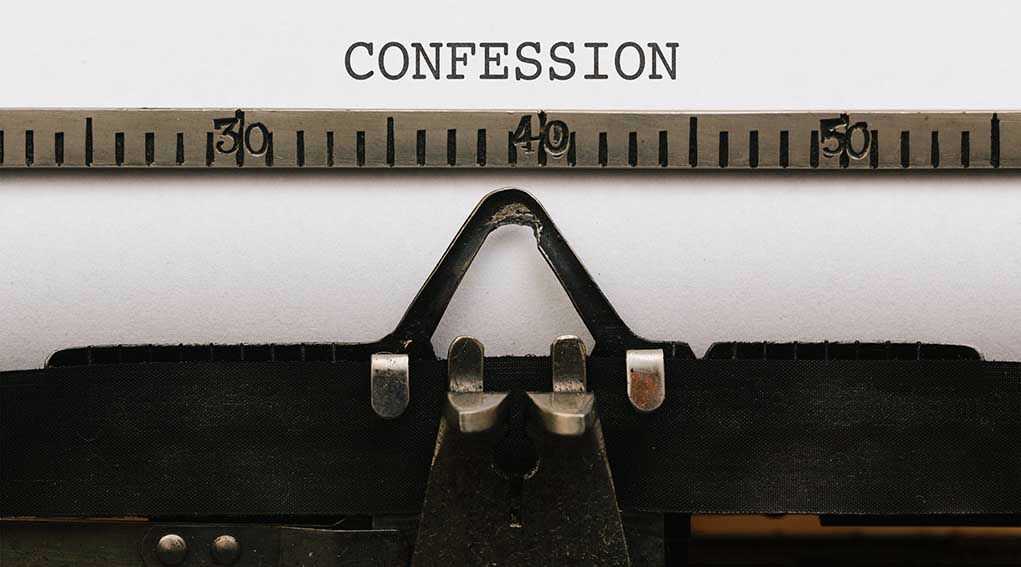
A shocking live TV confession has exposed both a brutal double homicide and years of government oversight failure, igniting debate on family values, elder care, and financial fraud in Biden’s America.
Story Snapshot
- Lorenz Kraus confessed on live television to killing his elderly parents and hiding their bodies for eight years.
- Authorities uncovered years of Social Security payments paid out for the deceased, raising concerns over federal fraud and oversight.
- The case highlights the dangers of unchecked family isolation and inadequate elder care policies.
- The dramatic broadcast and swift police response have ignited public debate about mercy killing, criminal accountability, and media ethics.
Live TV Confession Unmasks Years of Concealment and System Failure
Lorenz Kraus, age 53, stunned viewers and law enforcement alike when he confessed during a televised interview to killing his parents, Franz and Theresia Kraus, and burying them in their Albany, New York backyard eight years ago. The confession came after a federal probe into ongoing Social Security payments flagged their absence, exposing a long-standing failure of government oversight. This incident spotlights the intersection of violent crime, elder care neglect, and loopholes in federal fraud prevention, resonating with Americans frustrated by years of mismanaged policies that allow such abuses to fester.
Authorities began investigating the Kraus family after noticing continuous Social Security payments for the couple despite their disappearance from public life. On September 23, 2025, police executed a search warrant at the Kraus residence, recovering two bodies believed to be Franz and Theresia. The rapid sequence of law enforcement actions following the televised confession demonstrates the system’s capacity for response, even as the case itself exposes glaring vulnerabilities in government monitoring and accountability.
Family Tragedy Highlights Dangers of Caregiver Isolation and Federal Neglect
The Kraus case is rooted in a family history of hardship, with both parents suffering from debilitating health conditions such as Alzheimer’s and cancer. Lorenz Kraus cited these as motivations for what he described as mercy killings, a controversial claim that further complicates the legal and ethical analysis. The years-long concealment underscores the dangers of unchecked caregiver isolation—a scenario exacerbated by policies that failed to ensure regular welfare checks or adequate community support for vulnerable seniors. For conservative Americans, this case represents the tragic fallout of a government distracted by woke agendas and globalist priorities, leaving traditional family structures and elder care to suffer.
Financial fraud is a central thread, as Kraus continued to collect Social Security payments intended for his deceased parents, exploiting systemic vulnerabilities. This pattern is not unique; instances of relatives concealing deaths to siphon government benefits have occurred before, but rarely with such public exposure. The incident serves as a wake-up call for reforms—demanding stricter verification mechanisms and robust oversight to prevent taxpayer dollars from being misused, especially when leftist fiscal mismanagement has already fueled inflation and deficits.
Legal, Ethical, and Social Ramifications Intensify Calls for Accountability
Following his live confession, Kraus was arrested immediately as he left the TV studio and appeared in court, pleading not guilty and being remanded without bail. Police have yet to release full forensic details, but the investigation is ongoing. Legal experts emphasize that a televised confession carries significant evidentiary weight, yet Kraus’s invocation of the Fifth Amendment may complicate prosecution. The case has provoked fierce debate about mercy killing, criminal intent, and the responsibilities of caregivers—issues that strike at the heart of America’s values regarding life, family, and justice.
Beyond the courtroom, the story challenges media ethics and law enforcement protocols. The decision to broadcast a live confession raises questions about sensationalism versus public accountability. Meanwhile, law enforcement’s rapid response signals an ability to act decisively, even as system failures led to years of concealment. For conservative Americans, the Kraus case is a stark reminder of why strong family values, vigilant oversight, and constitutional protections matter. It urges policymakers to prioritize genuine community support and enforce safeguards against both violent crime and government waste.











